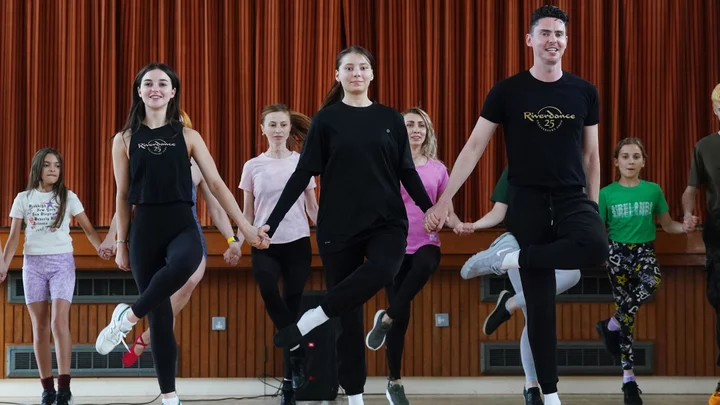Spike Lee already had several big moments with the Oscars by the time he finally won a competitive statuette in 2019.
His first came almost 40 years earlier, in 1983, when he was a film student at New York University. Lee submitted his master’s thesis film “Joe’s Bed-Stuy Barbershop: We Cut Heads,” starring Monty Ross, to the Student Academy Awards. And it won.
The Student Academy Awards may not be as glitzy or high profile as the Oscars, but in its 50 years it has proven to be a vital launching ground for emerging filmmakers. Inclusion and access may sound like recent buzzwords, but the film academy has been striving to break down barriers to entry for decades.
In 1973, then Academy president Walter Mirisch said, prophetically, that they were celebrating the young people who “will be taking our places.” Over the years, student winners have included Pete Docter, Robert Zemeckis, Trey Parker, Patricia Riggen, Bob Saget and Patricia Cardoso.
“The legacy of the program is rich,” said Kendra Carter who oversees impact and global talent development programs for the film academy. “As impact and inclusion continue to be a priority for us, the Student Academy Awards leads directly into our mission of striving to be that pillar of change in the industry and moving the needle forward by providing access and opportunity, breaking down barriers to entry and creating a pool of highly skilled, diverse talent.”
Academy members, 640 of them this year, vote on the awards, which offer invaluable exposure for a young filmmaker. Many have emerged from the program with representation, some with jobs and all with a new network of peers.
“Once your name is tied to a Student Academy Award, it just opens all of these doors,” Carter said. “It’s so transformative for emerging filmmakers.”
And one of the flashiest benefits of winning is that those films are then eligible for a competitive Oscar nomination in the short film categories, which happened for one of last year’s winners, Lachlan Pendragon. The Australian filmmaker was nominated for his 11-minute stop-motion animation film “An Ostrich Told Me the World is Fake and I Think I Believe It,” which he animated, directed and provided his voice for.
“My film school would submit films every year and it had always been something to aspire to,” Pendragon said. “And somehow I got the best possible outcome. It was a dream come true every step of the way and a really wild ride."
The program has become much more global over the years too.
Giorgio Ghiotto, who won the gold medal this year for his film “Wings of Dust,” had always wanted to make documentaries. But growing up in Italy, he said, it seemed like an “impossible dream.”
“Everyone thinks it’s impossible to be a documentary filmmaker unless you’re rich, or super lucky,” he said.
Like Lee did four decades earlier, he applied to the student academy awards while studying at NYU. The recognition and boost of confidence from academy members at the ceremony earlier this fall was overwhelming and even inspired him to move to Los Angeles.
“It was really amazing to see your dreams starting to come true,” Ghiotto said. “And you go to Los Angeles, you go to the academy, not just to hold the prize and get rewarded but because there’s a family waiting for you, and the academy family is rooting for you.”









